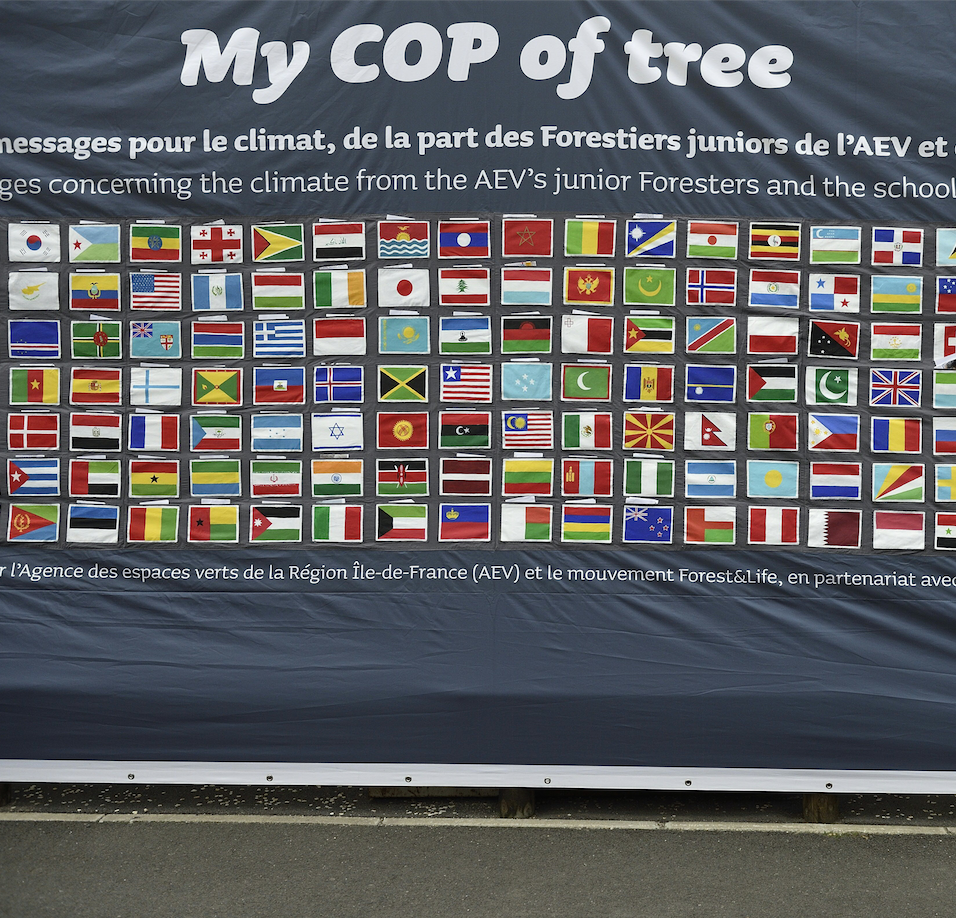Kenya fights global warming head on
The country seeks legally binding agreement in Paris talks

Your support helps us to tell the story
From reproductive rights to climate change to Big Tech, The Independent is on the ground when the story is developing. Whether it's investigating the financials of Elon Musk's pro-Trump PAC or producing our latest documentary, 'The A Word', which shines a light on the American women fighting for reproductive rights, we know how important it is to parse out the facts from the messaging.
At such a critical moment in US history, we need reporters on the ground. Your donation allows us to keep sending journalists to speak to both sides of the story.
The Independent is trusted by Americans across the entire political spectrum. And unlike many other quality news outlets, we choose not to lock Americans out of our reporting and analysis with paywalls. We believe quality journalism should be available to everyone, paid for by those who can afford it.
Your support makes all the difference.The Kenyan government wants to achieve a legally binding agreement to reduce carbon emissions and other greenhouse gases to limit global warming to 1.5 degrees celsius, Environment Cabinet Secretary Professor Judi Wakhungu has said.
Wakhungu told media in Paris that the Government also desired to see transparency in accessing the pot of Green climate funds, estimated at $100 billion by the year 2020.
“As part of the African group of negotiators, we would like to see transparency in how these funds can be accessed,” said Wakhungu, part of President Uhuru Kenyatta’s delegation at the UN Climate Conference, better known by the acronym COP 21.
When it comes to mitigation and adaptation, Kenya would want these steps supported in equal measure, she said.
Wakhungu also pointed out that Kenya’s contribution to global warming was negligible, but the government endorsed strong commitment to adaptation funds.
“The country expects capacity building and technology support from the industrialised countries,” said Wakhungu.
The Kenyan Government is encouraging industrialised countries, especially the large emitters, to step up their Intended Nationally Determined Contributions (INDC) promises to ensure that the world does not exceed 1.5 celsius global warming.
Leading to COP 21, each country was asked what it intended to do to reduce emissions. The result was the INDC pledge.
Wakhungu also met with the US Under-Secretary Sally Jewel and discussed the ongoing partnership between Kenya and US on wildlife conservation, and strategies for combating the illegal wildlife trade.
Under-Secretary was following up on President Barack Obama’s bilateral talks with Kenyatta which took place in Nairobi in July this year. The US supports Kenya’s wildlife conservation and anti-illegal wildlife trade activities.
The US has pledged to support Kenya’s forensic lab at Kenya Wildlife Service (KWS), the Law Enforcement Institute at Manyani in Taita Taveta County, the Northern Range Lands Trust, and Inter-Agency Cooperation to combat illegal wildlife trafficking.
Kenya is the only country in Africa where wildlife and forest rangers have paramilitary training.
The Under Secretary will visit Kenya at the end of January next year to consolidate this partnership.
Wakhungu, a petroleum geologist familiar in the UN Climate Change corridors, was also due to discuss wildlife tracking with senior Google executives, as well as senior officials in the French government.
Join our commenting forum
Join thought-provoking conversations, follow other Independent readers and see their replies
Comments